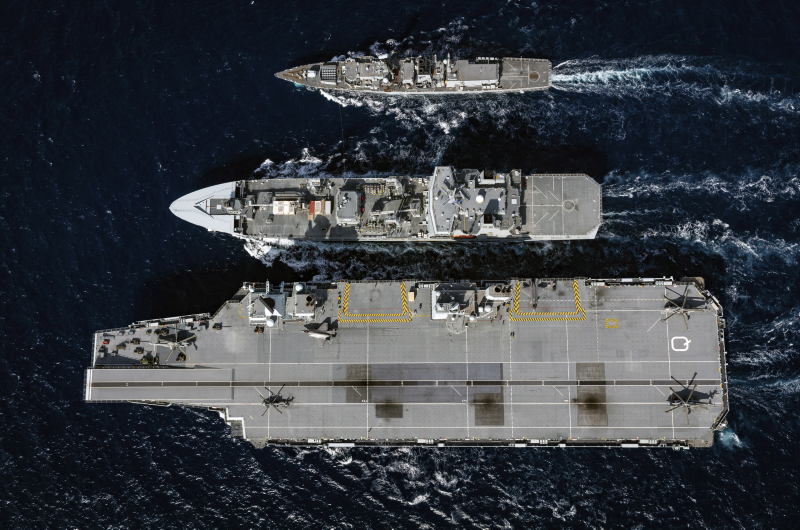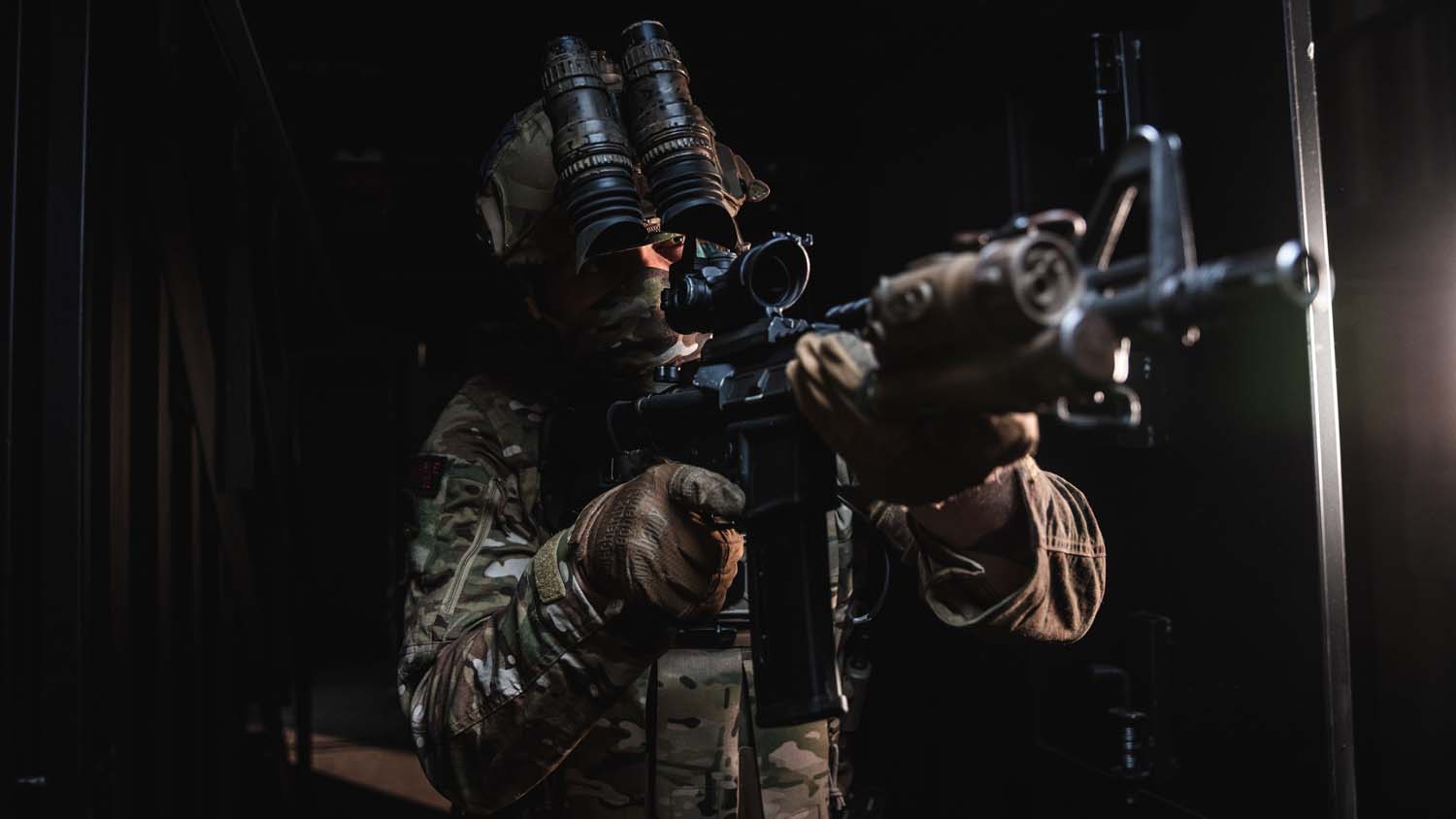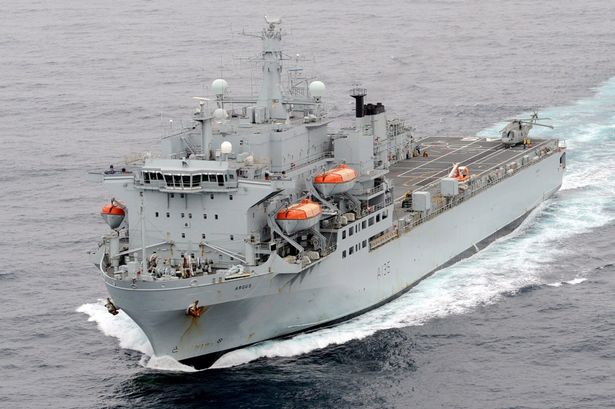On 14 January 2020, Vice President Mike Pence officially swore in the US Space Force’s first member and Chief of Space Operations – General John Raymond. Although such tasks as devising a Space Force logo and uniform as well as agreeing its official song remain on the to-do list, over 16,000 Air Force Space Command personnel have already been assigned to the Space Force and it is expecting to receive a budget in excess of $40 million in this fiscal year to establish its headquarters. Closer to home, the new Conservative government is also committed to establish a national Space Command, although its manifesto pledge included no details. Whilst it will no doubt be an altogether more modest endeavour than its US counterpart, it remains far from clear what value UK Space Command would actually add.
UK’s Military Space Strategy
Following the UK’s most recent examination of defence and security policy, the Modernising Defence Programme, it has developed a military space strategy. Although that strategy is yet to be published, it was preceded by a trifold brochure titled ‘Towards a Defence Space Strategy’. The brochure included a vision, a mission and strategic objectives for the strategy:
– The Defence Space Vision was ‘to secure freedom of action in space, fully exploiting its military and civil potential.’
– The Defence Space Mission was ‘to ensure that Defence has the capabilities, skills and operational plans to protect and defend its space assets and interests in an increasingly contested environment, working closely alongside the rest of government, international partners and the private sector.’
– Three Strategic Objectives were outlines: optimise space support to the front line; enhance space resilience and operational effectiveness; and support wider government activities.
Space as a Warfighting Domain
In addition to its space strategy, the UK is also aligned with the recent NATO decision following its Leaders Meeting in London last December to adopt space as the fifth warfighting domain. Indeed, it published doctrine to that effect as long ago as 2017 with its Joint Concept Note 1/17 – Future Force Concept. In this publication, the MOD considered the following to be priority areas for future, space-related force development:
– Securing access to specialist space skills, both within and external to defence, whilst developing our own broader space awareness to improve security and resilience as well as better employment of space capabilities.
– Exploiting commercial capacity and capabilities wherever possible.
– Building resilience in our space-based and space-derived services.
– Developing space situational awareness capabilities with key allies with the ability to perform combined command and control of spacecraft.
– Developing and understanding, nationally and through international partners, acceptable norms and protocols within the space domain to promote order.
It is clear from its strategy and doctrine that the MOD has been thinking about space for some time now; furthermore, this year’s Defence Space Conference will provide the further opportunity “to explore the opportunities and disruptive possibilities for the future of military space.” Of course, as with all new defence-related initiatives, there’s a danger that, when all’s been said and done, there’s a lot more said than done!
What will a UK Space Command Actually Do?
To decide if there is any value in a UK Space Command, it’s probably useful to examine the question: what will a UK Space Command actually do? Well, there are some signs of tangible activity in the new warfighting domain. In her keynote speech to last year’s Air and Space Power Conference, the then Defence Secretary Penny Mordaunt (Conservative MP for Portsmouth North) announced that the RAF would be allocating a test pilot to the Virgin Orbit programme. Since then a flight lieutenant from one of the RAF’s test and evaluation squadron has been selected and is expected to join the programme later this year.
In the same speech, Mordaunt also announced that the MOD was investing £30 million to launch a small satellite constellation into space that would deliver high resolution video directly into aircraft cockpits to increase battlespace awareness. At the same conference the Air Chief Marshal Sir Stephen Hillier, the then Chief of the Air Staff, announced the reformation of 23 Squadron as a space squadron “responsible for our day-to-day space command and control, including the flying of satellites and essential coordination with allies.”
All of these initiatives have one thing in common: they’re RAF centric. Indeed, as a recent post on this website identified, it is difficult to see what benefits a dedicated UK Space Command would bring at the tactical level, in addition to the existing space-related command and control that the RAF already has in place.
Moreover, it has been suggested that the UK’s space portfolio could be worth at least £7 billion over the next ten years. If that is to be the case, a defence-level focus on space matters makes sense, especially as money for new capability will be extremely hard to come by in the forthcoming defence review. To that end, the appointment of Air Vice Marshal Hervey Smith as the new Director Space at the MOD from February 2020 is a positive step. He is set to preside over a small team, which is expected to consist of up to twenty-five military and civilian personnel concentrating on finance, policy and capability.
Conclusion
So is there any value in having a UK Space Command or will this simply be a post-election box-ticking exercise by the Conservative Party? If the government can be reassured that it satisfies its manifesto commitment to a UK Space Command, the twin-track approach of a Space Directorate within MOD head office, supported by a tactical delivery arm within the RAF, may be the best way to deliver the military’s contribution to space, at least in the short term.






